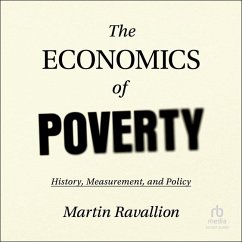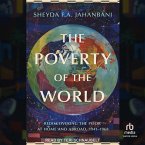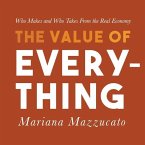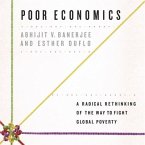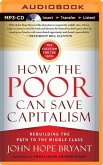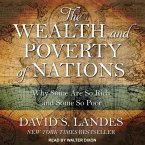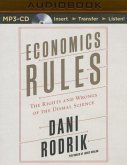There are fewer people living in extreme poverty in the world today than thirty years ago. While that is an achievement, continuing progress for poor people is far from assured. Inequalities in access to key resources threaten to stall growth and poverty reduction in many places. The world's poorest have made only a small absolute gain over those thirty years. Progress has been slow against relative poverty as judged by the standards of the country and time one lives in, and a great many people in the world's emerging middle class remain vulnerable to falling back into poverty. The Economics of Poverty reviews critically past and present debates on poverty, spanning both rich and poor countries. The book provides an accessible new synthesis of current economic thinking on key questions: How is poverty measured? How much poverty is there? Why does poverty exist, and is it inevitable? What can be done to reduce poverty? Can it even be eliminated? The book does not assume that listeners know economics already. Those new to the subject get a lot of help along the way in understanding its concepts and methods. Economics lives through its relevance to real world problems, and here the problem of poverty is both the central focus and a vehicle for learning.

